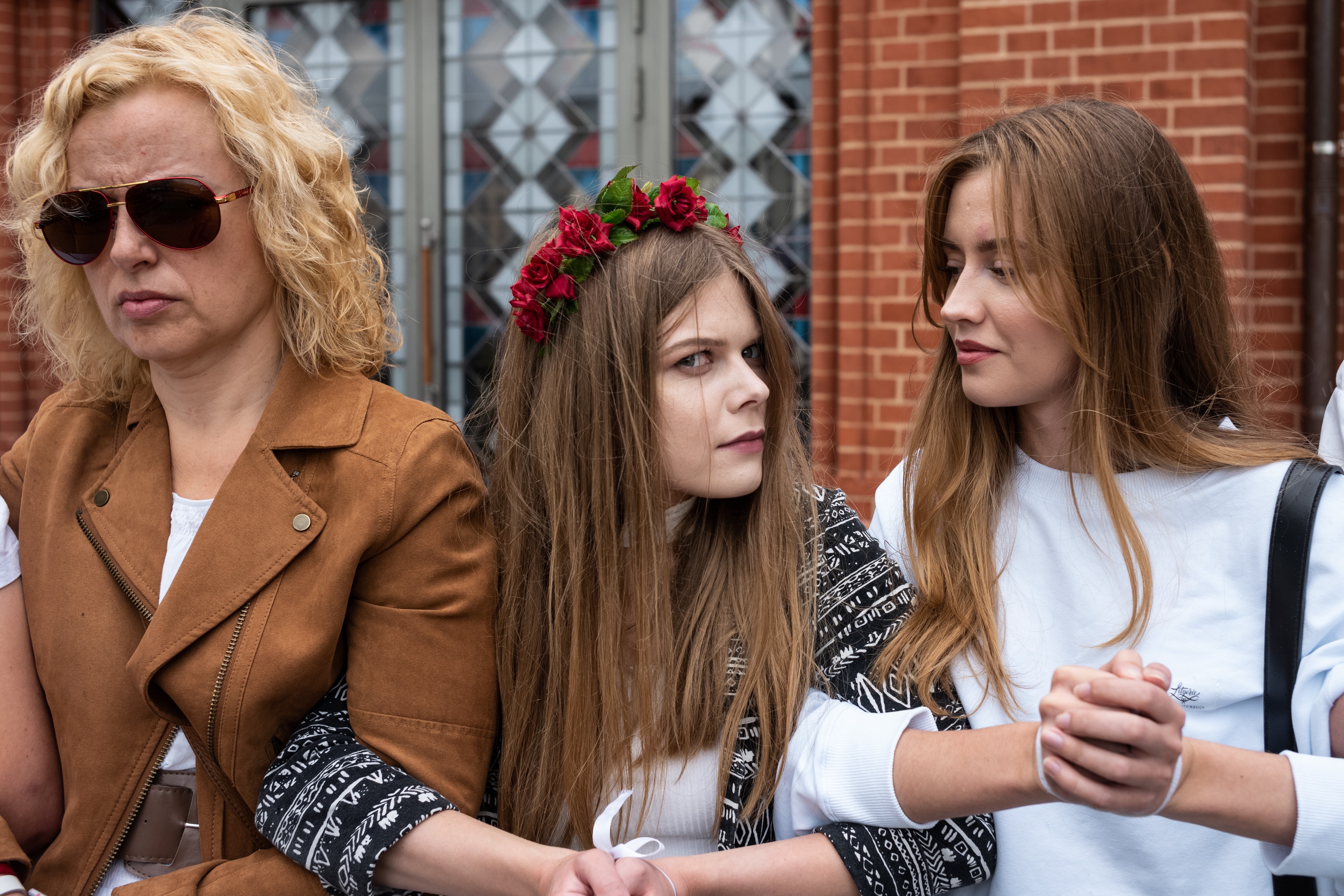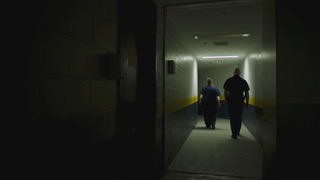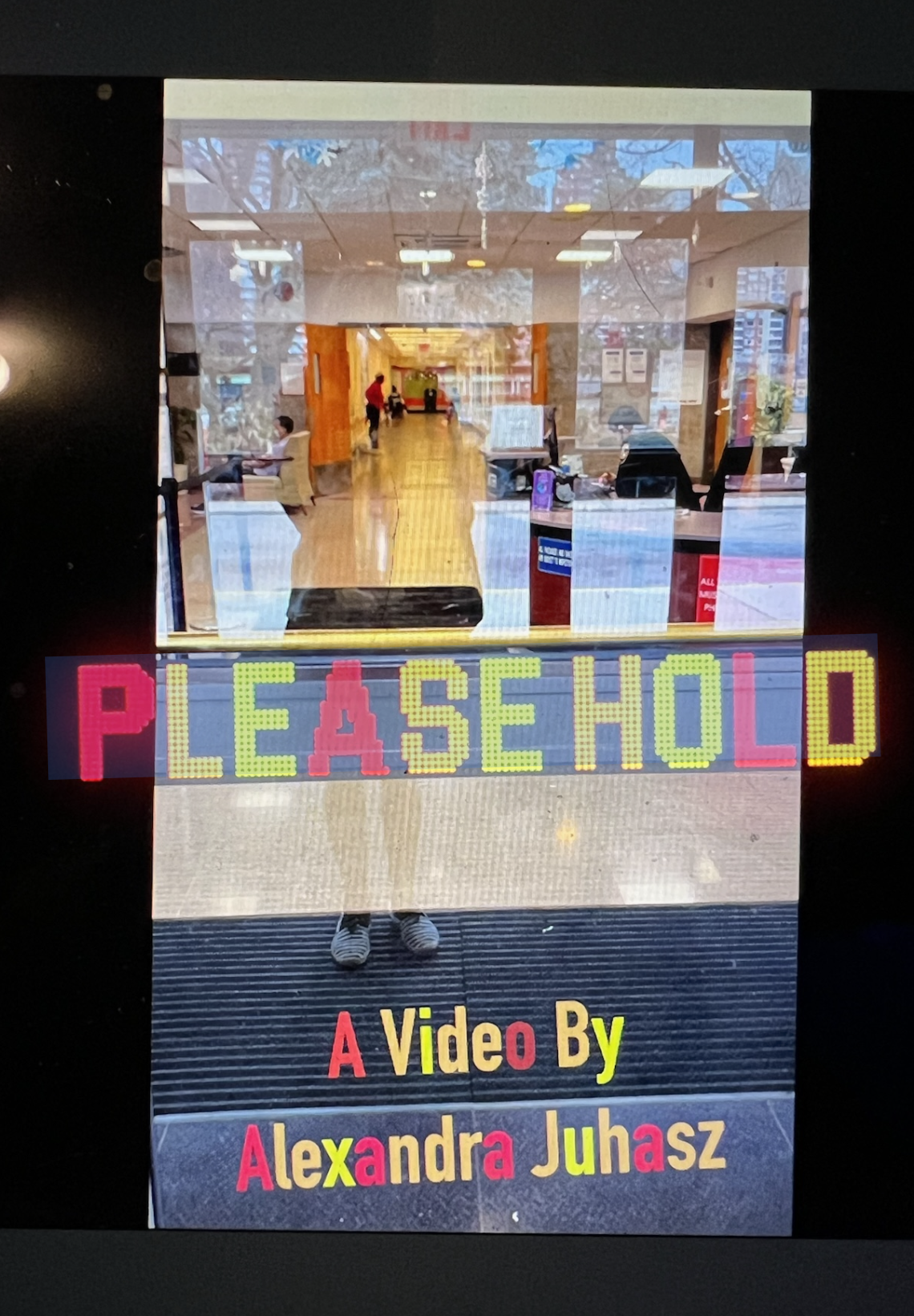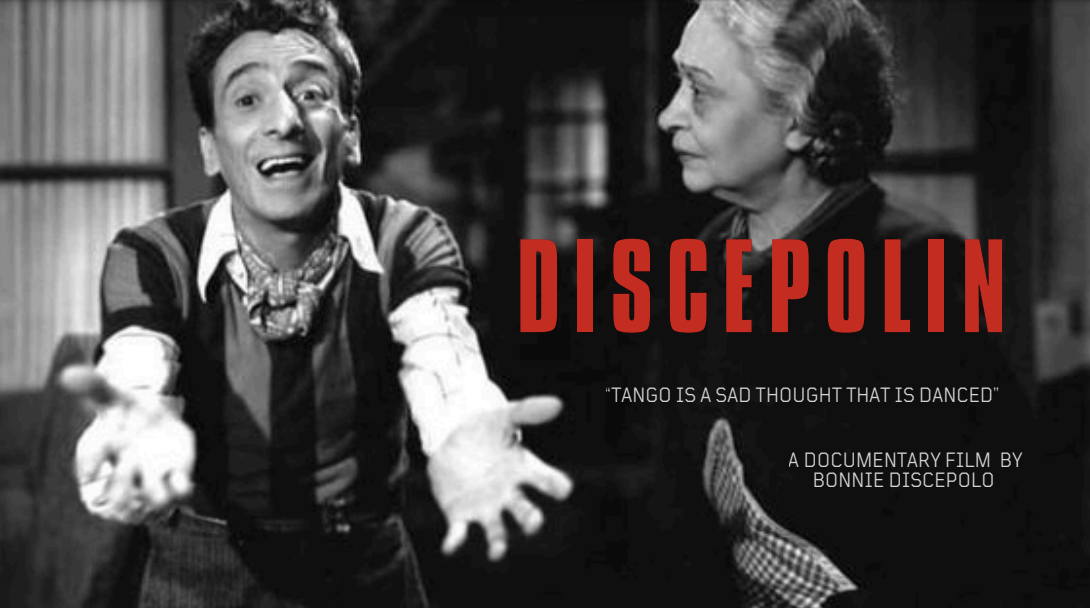Genre
Synopsis
The story is inspired by actual historical events that transpired in Minsk, Belarus, on August 12, 2020. When a dictator falsely claimed he won a presidential election, peaceful protesters who were mostly women, took to the streets and almost won. In this urban symphony, three women experience dramatic twists of fate against the background of popular unrest.
Anna (45), an introverted teacher of Polish language, lives alone in a country cottage, left to her after the divorce by her ex-husband, a businessman Denis. Denis kept their city apartment and their adult son Sasha, who moved to his father’s place and his new family after starting college. Anna took the divorce, the departure of her son, and the loss of the apartment the hard way. She still can’t come to terms with a sense of betrayal - in her world both men abandoned her.
Now her whole life is a set routine with minimum stress, a skillfully created comfort zone over which only birds can fly. The upheaval in the country does not throw her off balance, either. Everything that could stress Anna out is carefully expelled from her world and swept under the rug from the already hermetically sealed Belarusian environment.
But on the morning of August 12, at the insistence of her ex-husband, she will have to go to the city in search of her missing son who went to a protest in Minsk the night before and did not return. The mother will go through all the circles of bureaucratic hell, visit the police department, the hospital, the notorious prison ward on the Akrestin Street, and every time, instead of Sasha, she will find his namesake. At the end of the day, Anna will accidentally find herself in the epicenter of protest events, where her rage will finally find its way out.
Masha (30) is a beautiful, intelligent and driven Minskovite, who moved to Moscow a few years ago. She successfully built a career as a producer, married up, and now—with varying degrees of success—takes care of her two kids during a prolonged maternity leave. She quickly discovered that she didn’t love her husband.
In early August, under the pretext of a family visit to her old grandfather, Masha comes to Minsk. She was supposed to return home the day after the election, but she witnessed popular unrest and hesitated. Masha meets with her girlfriend Katya, with whom they once worked together at the same Minsk ad agency, where they were close friends and secret rivals. Katya shares with Masha the idea of a women's protest at the central market and asks for organization.
Using to her sick grandfather in the hospital as an excuse, Masha tells her husband that she will remain in Minsk for several more days. Reluctantly, he agrees, but he knows his wayward wife too well to think that she will be baking pies for her grandfather and sending them through the protest-wracked Minsk via Uber (besides, there is no Internet in Minsk). Therefore, he sends "a reliable man”, a bodyguard named Nikolai to look after Masha. Masha has to struggle with control from her husband, her own jealousy of her old friend and self-doubt. But still, by evening she manages to create her own protest —a woman’s gathering at the eternal flame in city’s downtown. As a result of the protest she has to make fast and difficult decisions: should she betray her friend or herself; should she choose freedom or family?
Lida is incredibly pretty, ridiculously vain, but a kind and talented girl. She just started the 11th grade of a prestigious gymnasium, where she was accepted based on her residency. Lida comes from a simple working-class family. Her father is a police captain—an honest, good-natured functionary with a far from brilliant career; her mother is a housewife. Lida herself is not that simple—she is drawn to “complicated” classmates from privileged and artistic families who never accept her into their circle. Lida sees that she is an outsider to them, and she is very hurt by this inexplicable rejection. In any case, she feels that this is not only a matter of social and material status.
Lida is an excellent singer. She graduated from music school and regularly performs at school concerts. She dreams of becoming a star, which is another reason for her being teased in class. On election day, suggested by the school administration, she performs a nightmarishly cheerful patriotic song at the school’s polling station. Lida secretly hopes that no one will find out about this, but one of her classmates films her performance and posts it online. The Internet is turned off, and this video is the last message shamefully appearing in Lida’s multiple chats with her classmates.
Today Lida turns 17. This day does not resemble a celebration since for the last two days tragic events have taken place in the city, and her father, being at home between two shifts, wouldn’t let her out of the house. She suspects her classmates were active participants in these events but she doesn’t know for sure. On her birthday, her father locks her at home again and leaves for work but Lida runs away from the apartment. She goes to search for her friends who cruelly ridicule her when they she finds them. Lida strikes against family control and rejection of friends, seeking recognition as best as she can. Her rebellion will cost her father a career, and herself—almost her life.
Bio
Darya Zhuk left Minsk, Belarus at the age of 16 to study in the US. Six years later with a cum lade B.A. degree from Harvard University, Darya Zhuk started creating both narrative and documentary independent films. She is a proud honors graduate of Columbia MFA program in Directing. Films she wrote and directed have been selected to SXSW, Tarkovsky, Oaxaca, Atlanta, Palm Springs, Santa Fe Independent film festivals just to name a few. She received best female writer-director award from New York Women in Film and Television in 2015 and has been nominated for the best female director by Adrienne Shelly Foundation. She received special jury prize for her short “The Real American” at Listopad Film Festival in Minsk. Additionally, she is the winner of such prestigious film grants as New York State Council for the Arts, Panavision Emerging Filmmaker grant, and Interdisciplinary Council for the Art of Columbia University grants.







